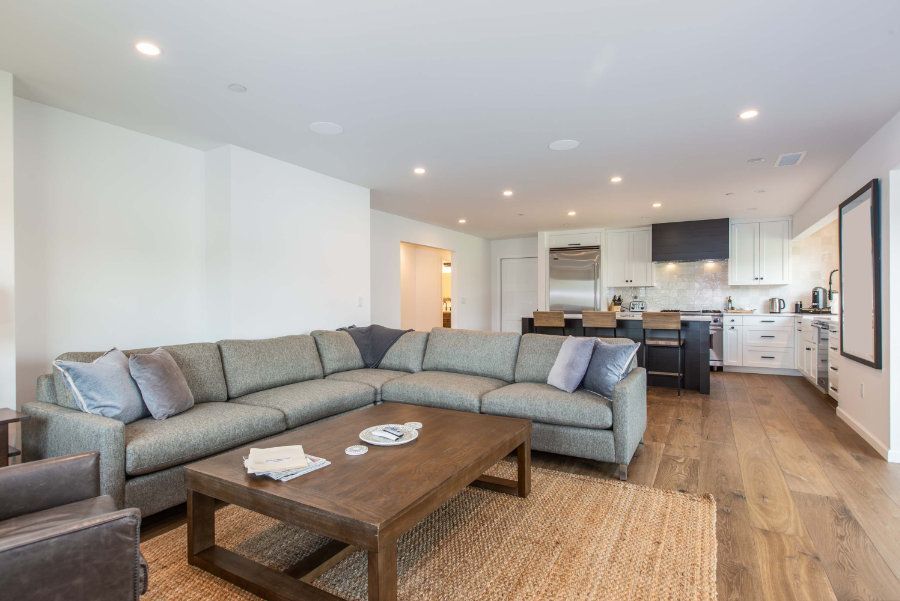What Property Management Technology is Important to You as a Property Owner?

Technology is evolving fast, and it is no different for property management. It's important to not get left behind as there are many time and money saving benefits from adopting technology as a property owner.
Below are property management technologies that can positively affect your bottom line.
Online Tenant Portals
Online tenant portals provide your tenants with easy access to pay rent instantly and automatically. This can reduce stress on the tenant and ensure that you are getting your rent without having to deal with late fees. It also means your tenants can pay on time consistently and reliably while you avoid getting paid by check or cash. Which while reliable, oftentimes involve trips to the bank and waiting for checks to clear.
Tenant portals also allow them to submit maintenance requests and communicate with management about their needs. This reduces the amount of time spent finding maintenance issues which can lead to expensive repairs. Some maintenance may be critical and need to be fixed as soon as possible. The tenant portal allows for dated requests making it easier for you to prioritize repairs.
They also allow for communication between property managers and tenants, as well as the owners if they so please. This secure communication route stores conversations for future reference, providing protection for both the tenant and yourself.
Automated Maintenance Systems
As previously stated, maintenance is incredibly important to managing a property. Not only does having adequate maintenance provide tenants with the support they need to live comfortably in their rental, but it gives you peace of mind as well. Preventative maintenance is incredibly important to the longevity of any building, unit, house, or apartment. There are many softwares that can help facilitate scheduling and tracking regular maintenance tasks to prevent expensive repairs. Such as Latchel and Jobber which can be used to send the appropriate vendor to fulfill repair requests.
Mobile Applications
There are many applications that you could download on your mobile device to help manage properties remotely. These include applications such as Rent.com, Apartments.com, Realtor.com/Avail, and Zillow Rental Manager. Not only are these excellent applications to help you collect rent and manage contracts, you can also get immediate notifications and updates on your property status. It's an amazing way to engage your tenants, as these apps can significantly improve your tenants' comfort during their stay at your rental. As a landlord, these kinds of applications help reduce the busywork of property management while optimizing your time.
Smart Home Technology
Smart home technology is often seen as simply a way to access your home appliances remotely. Smart home technology also adds key features such as efficiency. For example, smart thermostats and lighting appliances can help reduce energy consumption, which can overall reduce your tenant's energy bill. Technology allows your tenant to view how much power they're spending, as well as control when to turn items like the thermostat or the lights on prior to them being in the house to cool down, or if they forgot, they can turn them off remotely. This is an incredibly convenient feature that many modern tenants look for when looking for a rental.
Smart home technology also helps with security. Nowadays, you can have remote access to
security cameras, as well as your door locks and alarms. Smart home technologies also attract tech-savvy tenants looking for more modern homes, which can reduce vacancy rates.
Learning new technology can seem challenging for many, though it's oftentimes worth investing the time in learning them as they are a great asset in managing your portfolio. If you’re interested in understanding how property management technologies can aid you in managing your properties, we invite you to call us today at (562) 888-0247 or complete our
Owner Application online.





